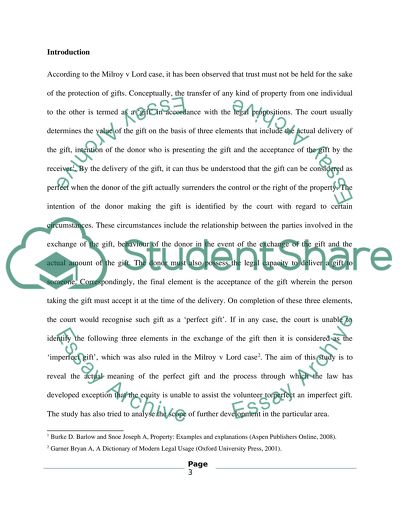Cite this document
(“Equity and Trusts Essay Example | Topics and Well Written Essays - 2500 words”, n.d.)
Retrieved from https://studentshare.org/law/1490739-equity-and-trusts
Retrieved from https://studentshare.org/law/1490739-equity-and-trusts
(Equity and Trusts Essay Example | Topics and Well Written Essays - 2500 Words)
https://studentshare.org/law/1490739-equity-and-trusts.
https://studentshare.org/law/1490739-equity-and-trusts.
“Equity and Trusts Essay Example | Topics and Well Written Essays - 2500 Words”, n.d. https://studentshare.org/law/1490739-equity-and-trusts.


